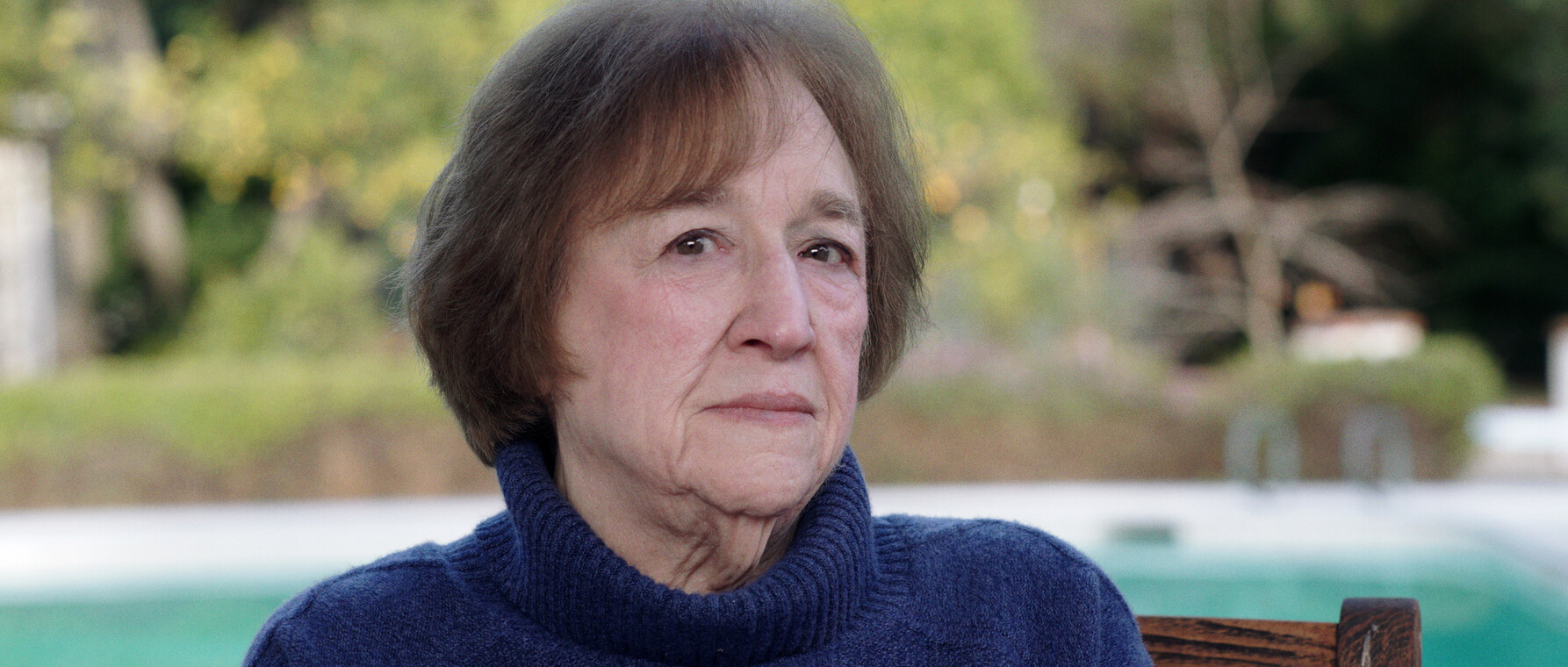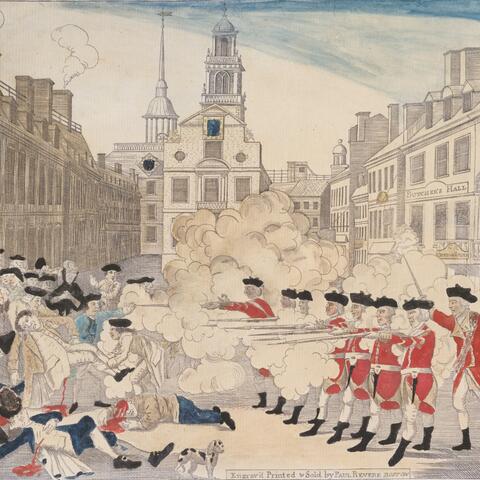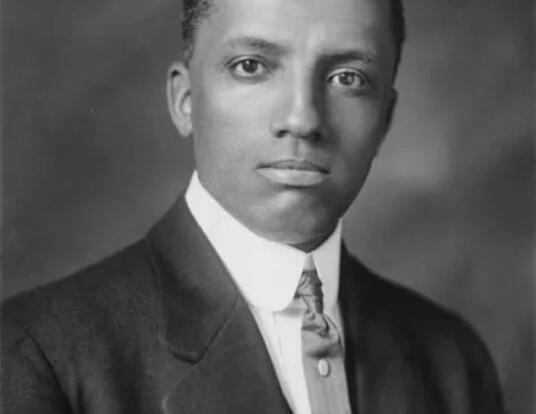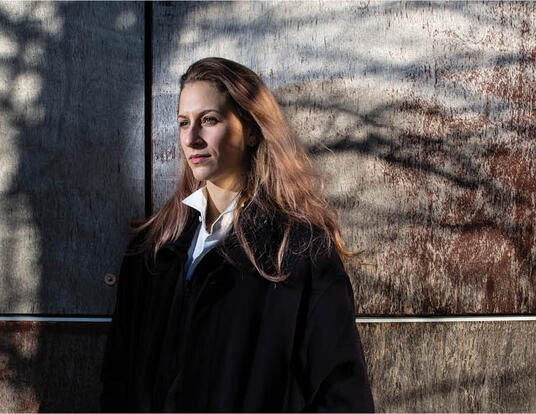Helen Vendler: 2020 Centennial Medal Citation

When the poet Wallace Stevens speaks of “The vital, the never-failing genius, / Fulfilling … meditations, great and small” in the final canto of “The Auroras of Autumn,” one could easily imagine that he is speaking of Helen Vendler. One of the world’s foremost experts on lyric poetry, Vendler is renowned for the rigor and perspicacity of her criticism, her insight into the intricacies of poetic imagination, emotion, and style, and her commitment to stewarding the aesthetic inheritance granted to us by the great poets. She lives and breathes poetry, and she has helped make poetry an essential part of life for countless students, scholars, and readers.
Vendler’s Harvard roots run deep. Growing up in Jamaica Plain in Boston, she spent time at the Arnold Arboretum and at Widener Library, where her father helped her secure a library card in high school. Those who appreciate the keen attention to evidence-based reasoning in her criticism are not surprised to learn that her collegiate foundations are in the sciences; she majored in chemistry at Emmanuel College and received a Fulbright to study mathematics at the University of Louvain in Belgium before turning to graduate study in literature. She spent a year at Boston University as a special student in English and completed her PhD in English and American literature at Harvard in 1960, with a dissertation exploring W. B. Yeats’s Vision as a thesis on poetics. Vendler has taught at Cornell University, Smith College, Boston University, and Yeats Summer School in Sligo, Ireland, among other institutions and programs. She joined the Harvard faculty in 1981 and in 1990 was named A. Kingsley Porter University Professor.
The poet and literary critic Stephanie Burt, professor of English, studied with Vendler as an undergraduate and has valued her mentorship and friendship for years. “When I first took a class from her, I decided I wanted to be like her when I grew up,” says Burt. “With people, she’s generous, clear, thoughtful, and considerate; she’s also aware of how social power works, in the classroom and outside it. That awareness makes her a better teacher and a better critic too. And with poems she can be at once very generous and very exacting. Rather than apply a template about what poetry must do, what all poems are, she looks at a poem and figures out what that poem, that poet, are trying to do, what if anything that poem adds to the world.”
Vendler’s extensive bibliography includes authoritative studies on Wallace Stevens, W. B. Yeats, William Shakespeare, John Keats, Emily Dickinson, George Herbert, her dear friend Seamus Heaney, and many others. She has contributed hundreds of reviews to The New York Review of Books, The Times Literary Supplement, The London Review of Books, The New Yorker, and The New Republic, and has served as a judge for the Pulitzer Prize and the National Book Award in poetry.
Lawrence Buell, Powell M. Cabot Professor of American Literature Emeritus, first crossed paths with Vendler in graduate school and worked alongside her in Harvard’s English department for more than two decades. “I always found her a pleasure to work with—frank, thoughtful, cordial, and very willing to take time to give feedback on occasional drafts of essays in areas of mutual interest,” Buell says. “She was staunch in her convictions—dogmatic, even—as to what counted as literary quality and how students should be trained. But her strong-mindedness—which some thought daunting or formidable—was to my mind refreshing too, and all the more so because of the kindness she bestowed young scholars, particularly new faculty, who sought her out.”
In 2004, Vendler was selected by the National Endowment for the Humanities to give the Jefferson Lecture in the Humanities, the highest honor the federal government confers for distinguished intellectual achievement in the humanities. Her lecture, titled “The Ocean, the Bird, and the Scholar,” makes the case for centering humanistic study not on texts of philosophy and history, but rather on the arts, and urges us to embrace the cultural inheritance that the arts offer us all.
“Helen is our greatest living critic of poetry in English,” says James Engell, Gurney Professor of English Literature and Professor of Comparative Literature. “Her writing is acute, learned, accessible, and brilliant. She covers a tremendously wide swath of poetry from the earlier periods of English verse to yesterday and today. She is also a superb teacher who pays close attention to every line and every word that students write, offering constructive and detailed comments. Committed not only to enhancing her students’ understanding and appreciation of poetry, Helen helps them find their own voices on paper and in class. She is an inspiration to her students, a mentor to younger teachers, and the highest example for all colleagues.”
Helen Vendler, for your lifelong commitment to drawing out the deep truths of lyric poetry, and for the unparalleled excellence of your teaching and criticism, which have helped students, scholars, and readers understand great poems and the power they have to enrich our experience of the world, we are proud to award you the 2020 Centennial Medal.
Read about the 2020 Centennial Medalists
Photo by Alex Vendler
Get the Latest Updates
Join Our Newsletter
Subscribe to Colloquy Podcast
Simplecast





